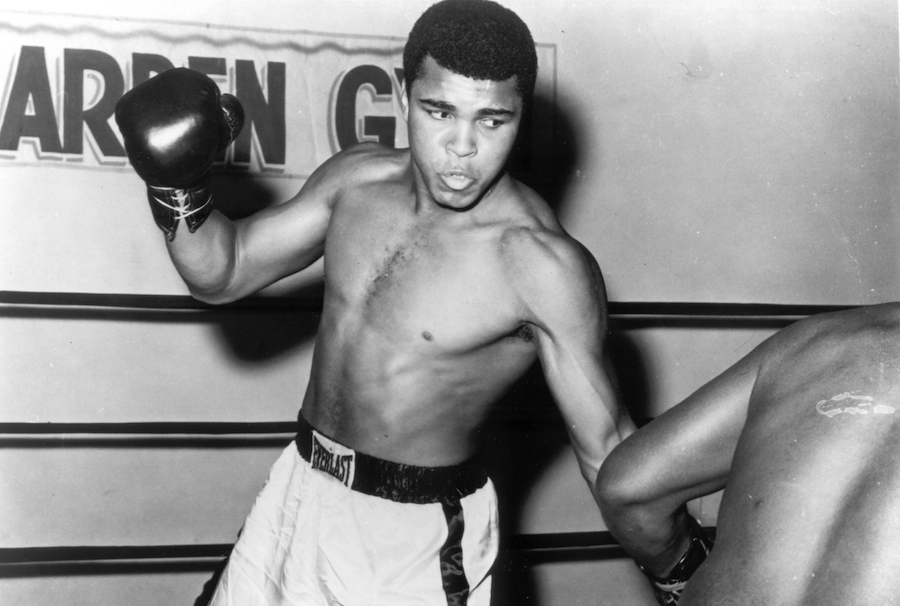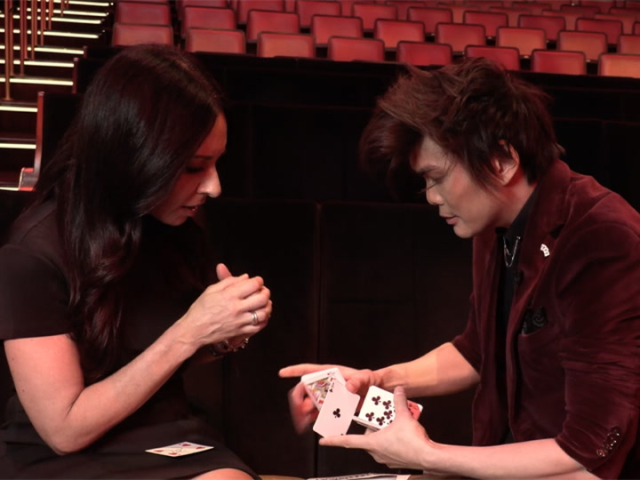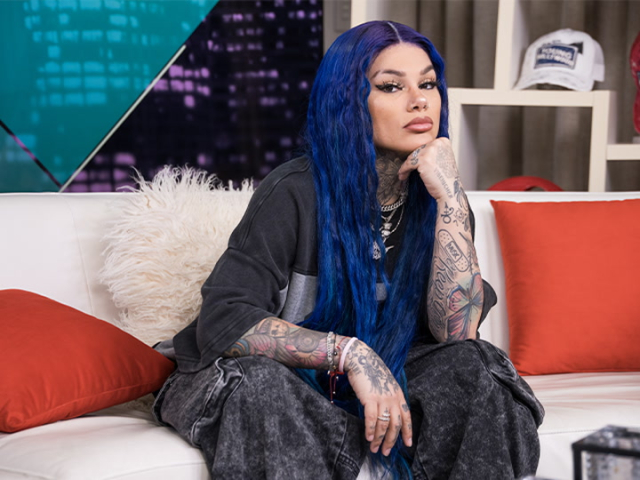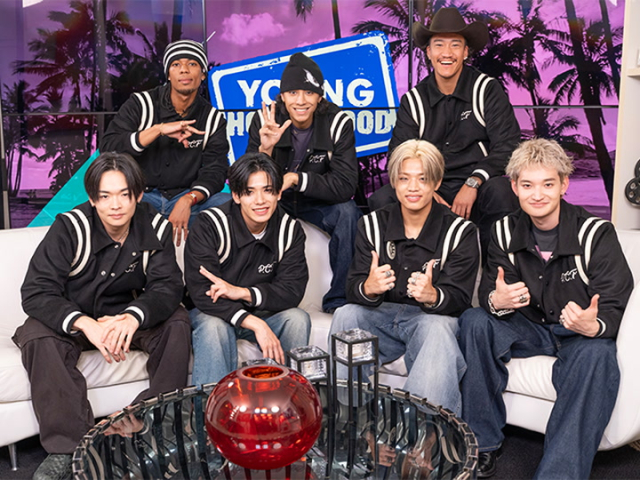What Really Made Muhammad Ali "The Greatest"

Muhammad Ali died at the age of 74 on June 3, and immediately after, a slew of articles came out talking about how Ali invented hip-hop. While this is somewhat true, there's a bit more to it than that. So I'd like to examine how Ali's was story of a black muslim who managed to invade pop culture at a time of bigotry, as well as how he embodied being a celebrity.
Born Cassius Marcellus Clay Jr., he gained notoriety outside of the ring for his charismatic and admirably narcissistic persona he created to boast about how he was “the greatest”. His masculinity and warrior status also helped mold the macho identity in hip-hop that would come later on that even women like Nicki Minaj would adopt. He may not have been a gangster, but he was one in the ring and on the mic.
Ali also drew a crowd with a unique manner of speaking not known to a lot of the mainstream public at the time, where he would famously spit rhythmic phrases like, “float like a butterfly, sting like a bee.” It’s phrases like this that have perpetuated this notion that Ali is a father of hip-hop, and while you cannot deny he had an influence on hip-hop for years to come, hip-hop and rap has a much older history. There are reports of rap as a style of speech going way back in time to South Africa, but music was not accompanied. The first use of the word “rap” was made in the jazz scene in the 1930s, and you can even hear songs from the '30s that feature people rapping, but it’s much more sing-songy and not as good, in my opinion, as Dr. Dre even on his worst day.
Then you have Jamaica in the '70s, where it is said that hip-hop and the rapping style was solidified. A young Jamaican man named DJ Kool Herc came to the Bronx in the late-'60s and brought hip-hop with him. Things get very murky here, as there are reports of citizens of early-'60s Harlem rapping about cultural problems at the time, very much in a style that sounds more '90s than the '80s, without any beats or music, like spoken-word poetry. During the civil rights movement, rapping was also a style of speech spoken between protestors and other Black Panther members, like civil rights activist H. Rap Brown, who took his name from the style of speech. Hip-hop and the rap style has been around for a very long time, even longer than Ali was alive, but that doesn’t take away from what he accomplished.
Ali’s loud alter ego in front of the camera made him legend, but it also may have helped break barriers. Think about it for a second -- he was a black man who hung out with Malcolm X and converted to Islam… in the '60s! Sure, some may associate peace and love in the '60s with The Beatles and John F. Kennedy (interesting fact: JFK was not alive long enough to have heard the Beatles, yet we associate this decade with both), but there was a real struggle going on for minorities, and African Americans were front and center in this civil rights movement. It’s rather amazing how popular Ali was, even with older white dudes who, on paper, hated everything about him but loved his interviews/trash talk, went to fights to root for him, and, I’m sure, bet lots of money on him. He was a good salesman with that type of thing.
That was the magic with this guy. Who knows for sure, but his competitive spirit and drive to be the best may have influenced future warriors in sports like himself. One that comes to mind, who is also labeled as “the greatest”, is none other than Michael Jordan. He may not have been known for his personality off the court as much as Ali out of the ring, but Jordan is quite possibly basketball’s fiercest competitor, on top of being the best to play the game. Somebody like Jordan may have been born with that same spirit, but we’ll never know for sure. What we do know without a doubt is that sports interviews would not be the same without Ali’s influence. With players like Richard Sherman saying outrageous and funny things, like his infamous interview with Erin Andrews on Michael Crabtree, it’s hard not to believe Ali had a hand in it.
In my mind, Muhammad Ali also exemplified what a celebrity should be. You may have noticed here that I used words like "alter ego" and "persona", and that’s because his “I’m the greatest” act isn’t totally him. His daughter Laila Ali, a pro boxer in her own right, is a strong and pleasant woman, which is a testament to the fact that Muhammad was just a great dad, and that usually means you’re a damn good person.
It’s not the most reported thing, but in person, Ali was actually quite nice to his fans. His love for the spotlight didn’t stop when it wasn’t turned on him. In public, he was known to raise his Parkinson disease stricken fists up for pictures with fans, and was not one to snub somebody trying to say, “hello.” A lot of celebrities out there could take a lesson from this. Sure, fame doesn’t sit well with some, and not everybody that has it seeks it, but those, like Ali, who sought fame and got it, would be wise to take note. Ali had a devastating illness and was still able to put on a show for the crowds. In my mind, there’s no excuses not to show up for your fans, but I guess that’s why Ali really was the greatest.
(Photo via WENN)
- Kevin Donaldson, YH Contributing Writer



